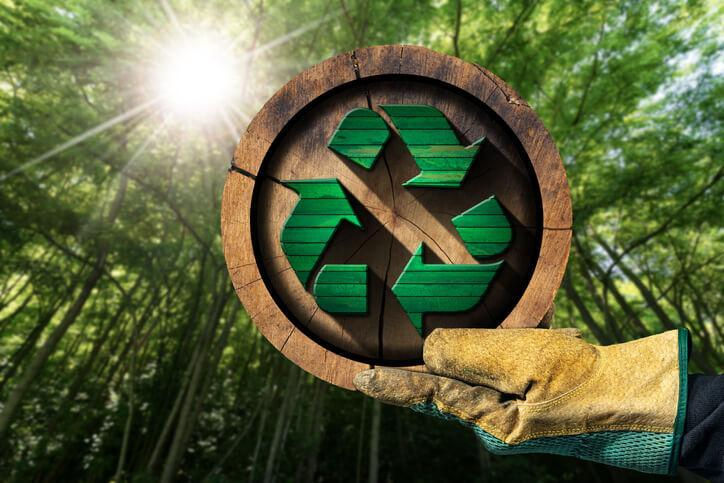Learning the Life Cycle of Plant Based, Home Compostable Bags
- Plastech Inc.

- Apr 18, 2024
- 3 min read
Updated: Jul 22

Mother Earth provides for us in an endless cycle of life, where every end is the beginning of something new. In harmony with this natural rhythm lies the innovative development of plant-based home compostable bags. These bags represent hope in an era where environmental concern is not just conscious thinking but a necessary action. Let's talk about the lifecycle of these green wonders and how they contribute to a healthier planet.
The Birth of a Compostable Bag
Plant-based home compostable bags are borne from the wisdom of using organic materials that yield to the earth's process of recycling life. The materials commonly used in their manufacture include renewable resources like cornstarch, potato starch, or other polysaccharides. Unlike their plastic counterparts, these bags are designed to break down within months under the right composting conditions compared to hundreds of years. With this in mind, the seed of sustainability is planted with every bag produced.
The Use and Reuse
One of the greatest advantages of these bags is their versatility and strength, making them suitable for a myriad of uses, from grocery shopping to waste collection. Even more impressive is the ability to reuse them, extending their lifespan and decreasing the need for single-use alternatives. By opting for plant-based bags, consumers take an active role in reducing waste and the carbon footprint associated with producing conventional plastic bags.
Towards the End: The Composting Process
After serving their purpose, the life of plant-based bags does not end at the bin. When disposed of in a home composting system, these bags begin a transformative journey back into the earth. The composting process is facilitated by microorganisms, heat, and humidity, breaking down the bag into water, carbon dioxide, and rich humus—a nutrient-dense material that can nourish the soil. This stage of decomposition typically takes about three to six months, a stark contrast to the centuries needed for traditional plastics to degrade.
A Return to Earth
Closing the cycle, the resulting compost from plant-based bags contributes to soil health, improving water retention, and providing essential nutrients that foster plant growth. In agricultural landscapes, this can reduce the dependence on synthetic fertilizers, therefore decreasing pollution and conserving non-renewable resources. The full circle from growth, to use, then breakdown, and the return to earth aligns with sustainably-minded practices and a reduced ecological footprint.
The Benefits Beyond
Adopting plant-based home compostable bags has far-reaching benefits that extend beyond just reducing plastic pollution and benefiting your tomato plants. It also reduces greenhouse gas emissions and lessens our reliance on fossil fuel-based products. It also promotes a shift in consumer habits towards more sustainable practices, encourages the development of green industries, and nurtures environmental awareness. When incorporated into wider waste management practices, these compostable materials can significantly lessen the strain on our overburdened waste management systems and help moderate climate change.
Embracing the lifecycle of plant-based home compostable bags is a commitment to the planet's well-being and the delicate balance of its natural cycles. By making the switch to compostable alternatives, such as PlasTechFree, we are not only ensuring that we play our part in reducing pollution but also enriching the soil for future growth. It's a step towards an equilibrium with nature, where every action creates a positive impact, and where the lifecycle of even a humble bag harmonizes with the environment's perpetual dance of creation and recreation. Let us all move forward by looking back to the wisdom of the natural world and turning the cycle of life into a cycle of sustainability.



Comments